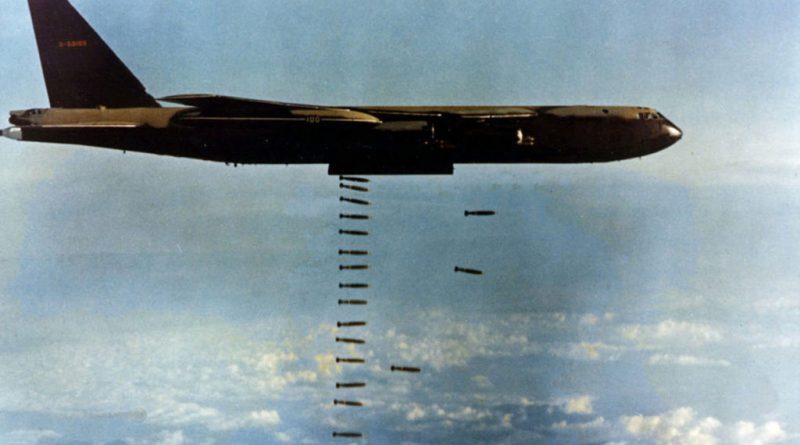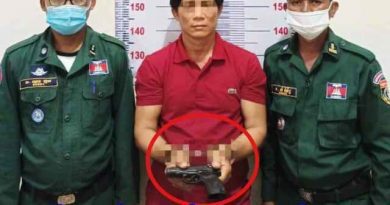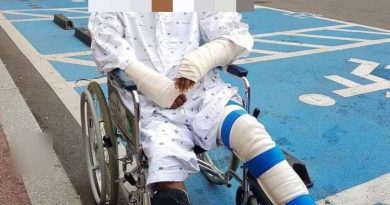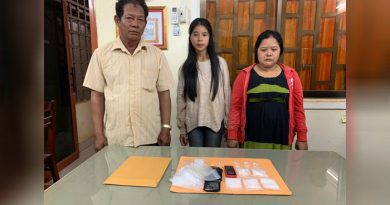This Week in Cambodian History: February 5-11
On February 5 1971, Lon Nol extended the State of Emergency across the country for an additional 6 weeks.
On February 5, 2013, Norodom Sihanouk, the King Father was cremated. His ashes were scattered at the ‘four rivers’ in front of the Royal Palace.
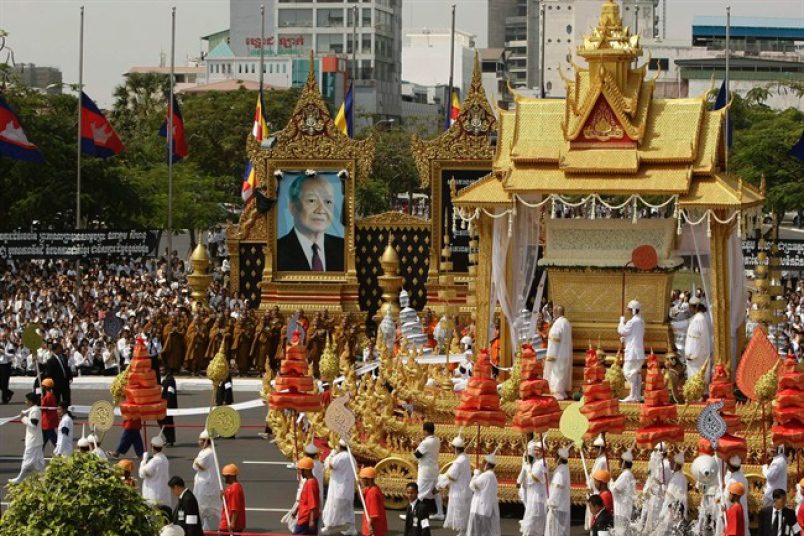
On From February 7-9, 1955, a referendum was held over King Norodom Sihanouk’s rule. He won, and abdicated 3 weeks later to take up a political role.
On 8 February, 1945, at the Yalta Conference, President Roosevelt told Stalin he had in mind a trusteeship for Indo-China. He said the British did not approve and wanted to give it back to the French because they feared that the implications of a trusteeship might affect Burma.
He added that the French had done nothing to improve the natives since obtaining the colony. When President Roosevelt said that de Gaulle had asked for ships to transport French forces to Indo-China, Stalin asked where de Gaulle would get the troops. The President replied that de Gaulle had said he would find the troops when the President found the ships; so far there were no ships.

On February 8, 1971, following a long debate in the National Assembly, Lon Nol suffered a stroke, which left him partially paralyzed.
On 8 February 1973, (some sources say 9th) following the swift breakdown of the Paris Peace Agreement (January 27, 1973) the heaviest bombing campaign of Cambodia by US air force took place (Operation Freedom Deal). From February 8 to 15 August 1973, B52s and fighter bombers dropped 257.465 tons of bombs ( almost half of the total of bombs dropped during the whole war, 1.6 times more bombs than the quantity dropped on Japan during World War II). The U.S. Seventh Air Force later argued that the bombing prevented the fall of Phnom Penh in 1973 by killing 16,000 of 25,000 Khmer Rouge fighters besieging the city.

On February 8, 1977, Nhip Sreng, Group Leader Ministry of Commerce was arrested by the Khmer Rouge regime and sent to Toul Sleng. He was 24 years old.

On February 9, 2018, U.S. Assistant Secretary of State for Consular Affairs was in Phnom Penh, to talk with senior government officials about resuming the repatriation of convicted Cambodian criminals. The deportations had been carried out since 2002 and were stopped by Cambodia in 2017. After the meeting, both sides agreed to resume the programme.
On February 10, 1995, the Institut Pasteur in Cambodia was officially reopened by the Prime Minister of the Royal Government of Cambodia, Prince Norodom Ranariddh, in the presence of Prof Bernard Debré, French Minister of Cooperation. The Institut Pasteur in Cambodia opened a new era of Khmer-French cooperation.
On February 11, 2019, the European Union launched the formal procedure for the temporary withdrawal of the Everything But Arms (EBA) tariff agreement from Cambodia.

